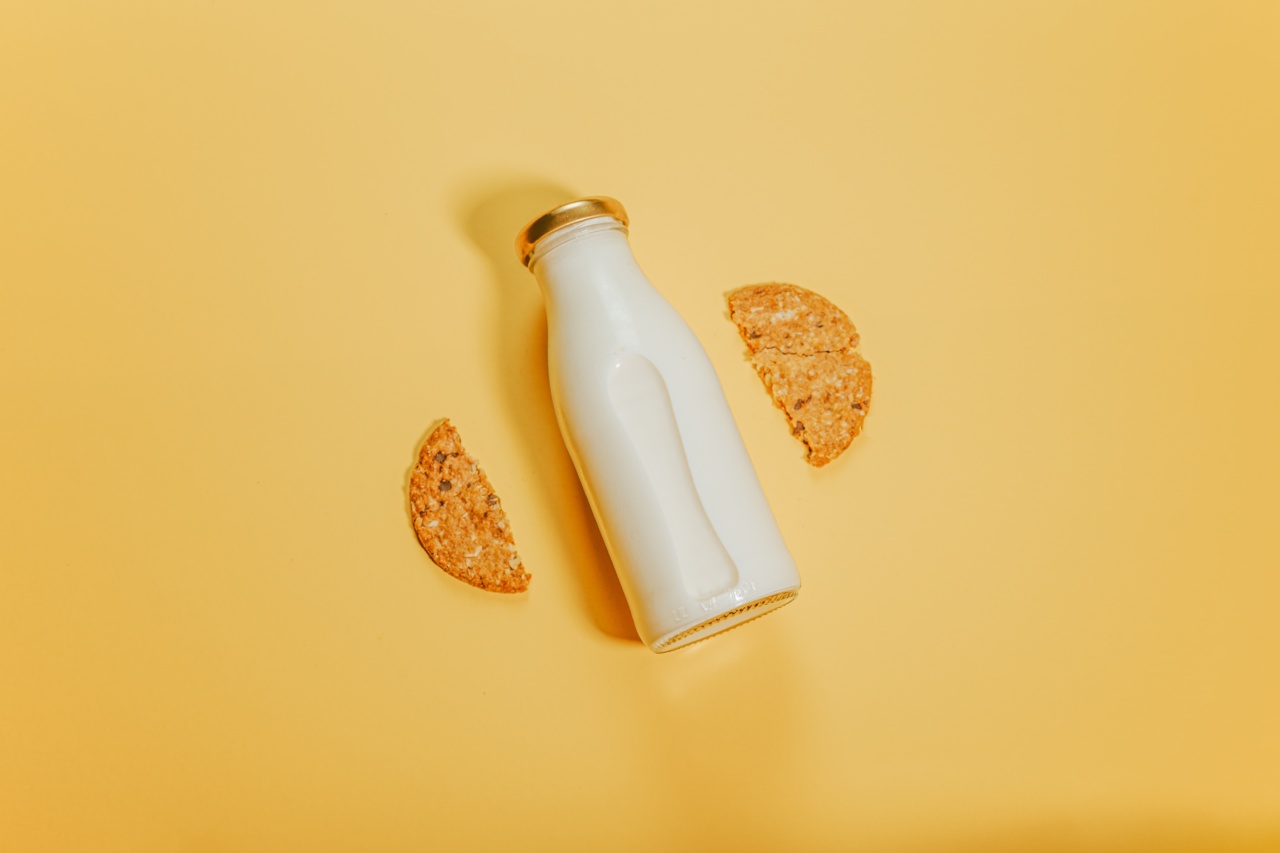Men who are trying to have children should take their nutrition seriously. Studies have shown that what men eat can have an impact on their reproductive health.
A diet that is rich in certain nutrients can help improve sperm quality, while a diet that is lacking in these nutrients can harm it. In this article, we’ll explore the link between nutrition and sperm quality in more detail, examining what nutrients are important and where they can be found.
What is Sperm Quality?
Sperm quality is a measure of the health and viability of sperm. In order for conception to take place, sperm needs to be numerous and strong enough to swim through the reproductive tract to reach the egg.
Sperm quality can be affected by various factors, such as age, smoking, and exposure to certain chemicals. Poor sperm quality can result in infertility or difficulties with conception.
The Importance of Nutrition
Nutrition plays an important role in overall health, including reproductive health. A diet that is rich in vitamins, minerals, and other nutrients can help improve sperm quality and increase the chances of conception.
On the other hand, a diet that is high in unhealthy fats, processed foods, and sugar can harm sperm quality and decrease fertility.
Key Nutrients for Sperm Health
Several nutrients are essential for sperm health, including:.
- Zinc: Zinc plays a key role in sperm formation and maturation. Men who are deficient in zinc often have lower sperm counts and poor sperm motility.
- Folate: Folate is a B vitamin that is important for DNA synthesis and cell division. It can help improve sperm count and reduce the risk of chromosomal abnormalities in sperm.
- Omega-3 Fatty Acids: Omega-3 fatty acids are important for overall health, including reproductive health. They can help improve sperm quality by reducing inflammation and oxidative stress.
- Vitamin C: Vitamin C is an antioxidant that can help protect sperm from damage and improve its motility. It can also help reduce the risk of DNA damage in sperm.
- Vitamin D: Vitamin D plays a role in sperm maturation and can help improve sperm count and motility. Men who are deficient in vitamin D often have lower sperm counts and poor sperm motility.
Foods that Improve Sperm Quality
Men who want to improve their sperm quality should focus on eating a nutrient-dense diet that is rich in the following foods:.
- Fatty fish: Fatty fish such as salmon, sardines, and mackerel are rich in omega-3 fatty acids, which can help improve sperm quality.
- Leafy greens: Leafy greens such as spinach and kale are high in folate, which can help improve sperm count and reduce the risk of chromosomal abnormalities in sperm.
- Nuts and seeds: Nuts and seeds such as almonds and sunflower seeds are high in zinc, which is important for sperm formation and maturation.
- Citrus fruits: Citrus fruits such as oranges and grapefruits are high in vitamin C, which can help protect sperm from damage and improve its motility.
- Eggs: Eggs are a good source of vitamin D, which can help improve sperm count and motility.
Foods that Harm Sperm Quality
On the other hand, there are certain foods that can harm sperm quality and decrease fertility. These include:.
- Processed foods: Processed foods such as fast food and packaged snacks are often high in unhealthy fats and sugar, which can harm sperm quality.
- Trans fats: Trans fats, which are found in fried foods and baked goods, can harm sperm quality and decrease fertility.
- Alcohol: Heavy drinking can harm sperm quality and decrease fertility. Men who are trying to conceive should limit their alcohol intake.
- Caffeine: While moderate caffeine intake is generally safe, excessive caffeine intake can harm sperm quality and decrease fertility.
Conclusion
Nutrition plays an important role in sperm quality and reproductive health. Men who are trying to conceive should focus on eating a nutrient-dense diet that is rich in key nutrients such as zinc, folate, omega-3 fatty acids, vitamin C, and vitamin D.
They should also limit their intake of processed foods, trans fats, alcohol, and caffeine.































